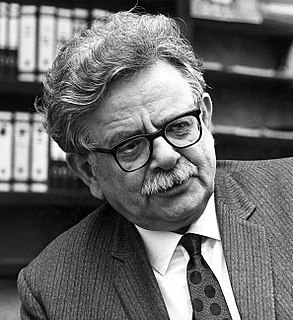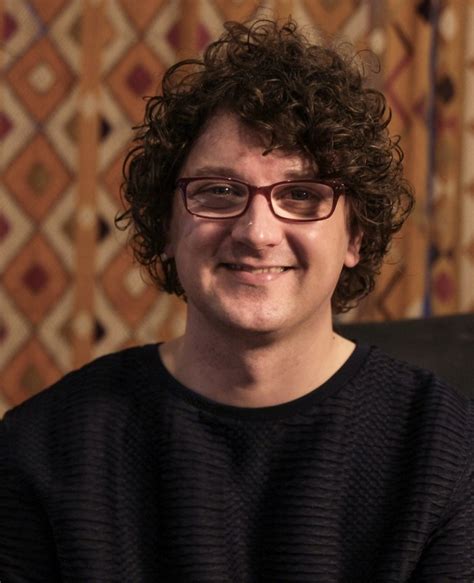A Quote by Alan Perlis
In English every word can be verbed. Would that it were so in our programming languages.
Quote Topics
Related Quotes
My impression was and is that many programming languages and tools represent solutions looking for problems, and I was determined that my work should not fall into that category. Thus, I follow the literature on programming languages and the debates about programming languages primarily looking for ideas for solutions to problems my colleagues and I have encountered in real applications. Other programming languages constitute a mountain of ideas and inspiration-but it has to be mined carefully to avoid featurism and inconsistencies.
I was fascinated by the lack of a word for a parent who has lost a child. We have no word in English. I thought for sure there'd be a word in Irish but there is none. And then I looked in several other languages and could not find one, until I found the word Sh'khol in Hebrew. I'm still not sure why so many languages don't have a word for this sort of bereavement, this shadowing.
I work in Hebrew. Hebrew is deeply inspired by other languages. Not now, for the last three thousand years, Hebrew has been penetrated and fertilized by ancient Semitic languages - by Aramaic, by Greek, by Latin, by Arabic, by Yiddish, by Latino, by German, by Russian, by English, I could go on and on. It's very much like English. The English language took in many many fertilizations, many many genes, from other languages, from foreign languages - Latin, French, Nordic languages, German, Scandinavian languages. Every language has influences and is an influence.
Although mathematical notation undoubtedly possesses parsing rules, they are rather loose, sometimes contradictory, and seldom clearly stated. [...] The proliferation of programming languages shows no more uniformity than mathematics. Nevertheless, programming languages do bring a different perspective. [...] Because of their application to a broad range of topics, their strict grammar, and their strict interpretation, programming languages can provide new insights into mathematical notation.
When I was quite young I fondly imagined that all foreign languages were codes for English. I thought that "hat," say, was the real and actual name of the thing, but that people in other countries, who obstinately persisted in speaking the code of their forefathers, might use the word "ibu," say, to designate not merely the concept hat, but the English word "hat." I knew only one foreign word, "oui," and since it had three letters as did the word for which it was a code, it seemed, touchingly enough, to confirm my theory.
I have a few minor rules for myself but I break them all the time. For example, when translating from Romance languages to English, there is often a choice between a Latinate cognate and a Germanic equivalent. An easy example would be the Portuguese escuridão: English offers both obscurity and dark or darkness, and some translators will tell you the Latinate word is generally reserved for poetic and figurative expressions, while the Germanic word is used for colloquial and idiomatic use.
With 'Scratch,' you create computer programs by snapping together graphical programming blocks, much like LEGO bricks, without any of the obscure syntax and punctuation of traditional programming languages. After creating an interactive 'Scratch' project, you can share it on the 'Scratch' website, just as you would share videos on YouTube.


































